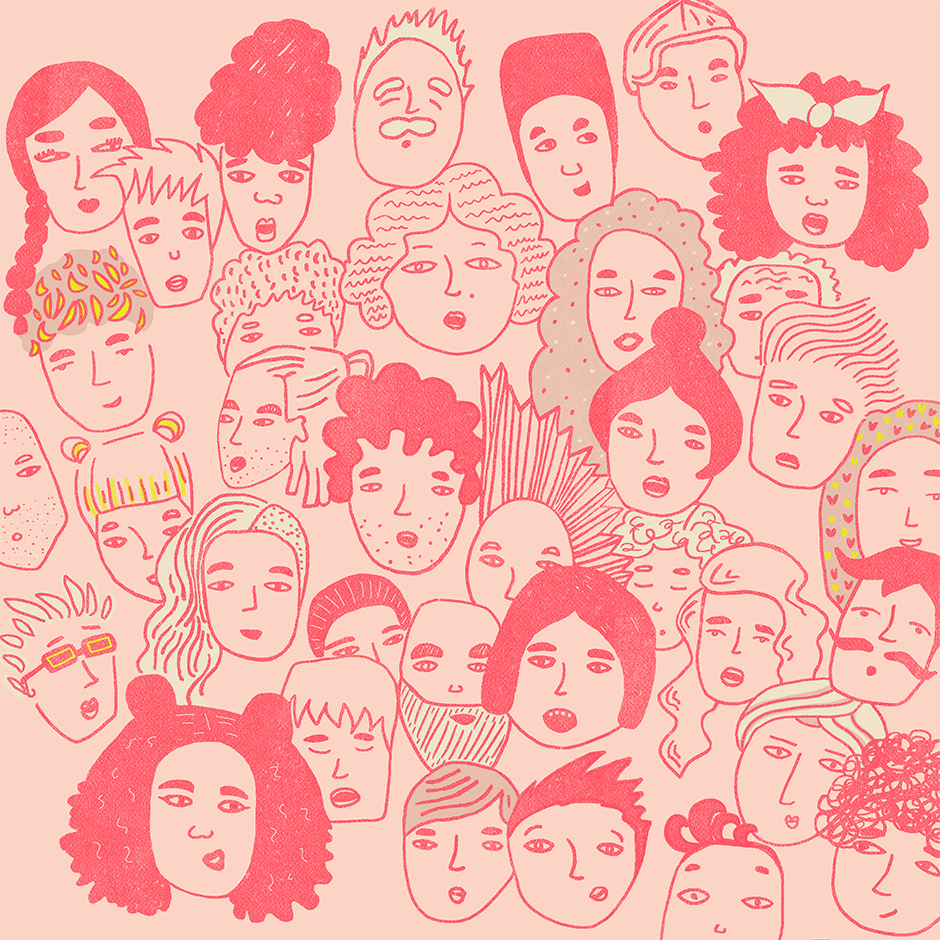2. Education and Destigmatization
Even though many universities already provide some form of free mental health care for students, it remains limited to a number of sessions and many students do not know where to turn once their therapy is over. Universities also provide workshops on how to cultivate a good mental health as well as help lines that students can contact if they feel the need to. While these resources are helpful, I believe students need to be further educated on what mental illnesses and mental health problems are, not so that they can try to avoid them or try to attain an idealized form of mental well-being, but so that they can better assess when they need help and where to find it. Educating students on mental health would better equip them to identify the resources they need, and it would also participate in destigmatising mental health problems within the student and faculty population. That being said, access to mental health resources cannot be achieved without a student health care plan that covers therapy. All the efforts to educate students will be lost if we cannot access the help. As of now, if we want to seek therapy outside the university, our insurance does not cover it.
3. Cultural Transformation
Accessibility, education, and destigmatization, however, cannot happen without cultural changes and vice versa. When my anxiety flared up during the pandemic, I was once again confronted with the fact that people like me do not fit in the work culture of academia because our productivity doesn’t function in linear ways. You do not choose when you will have an anxiety episode and what is going to be the trigger. Similar to people with chronic pain, we may experience moments of debility that refrain us from working in a standardized pace.
The pressure that education puts on students can also create new or additional traumas and mental health problems. What many students identify as “imposter syndrome” can be linked back to historical practices such as standardized testing and bullying that undermine the potential of students based on their race, class, and gender, and their overall ability to perform within an educational setting. This pressure can lead to performance anxiety, high levels of stress, as well as depression and burnout.
One thing the pandemic did right for academia is bring awareness to the toxicity of overwork culture, the impact on student mental health, and the need for better mental health care resources. We still have a long way to go but the fact that I am able to share my experience is a sign that the transformation is already under way.


 Illustration by
Illustration by  Illustration by
Illustration by 